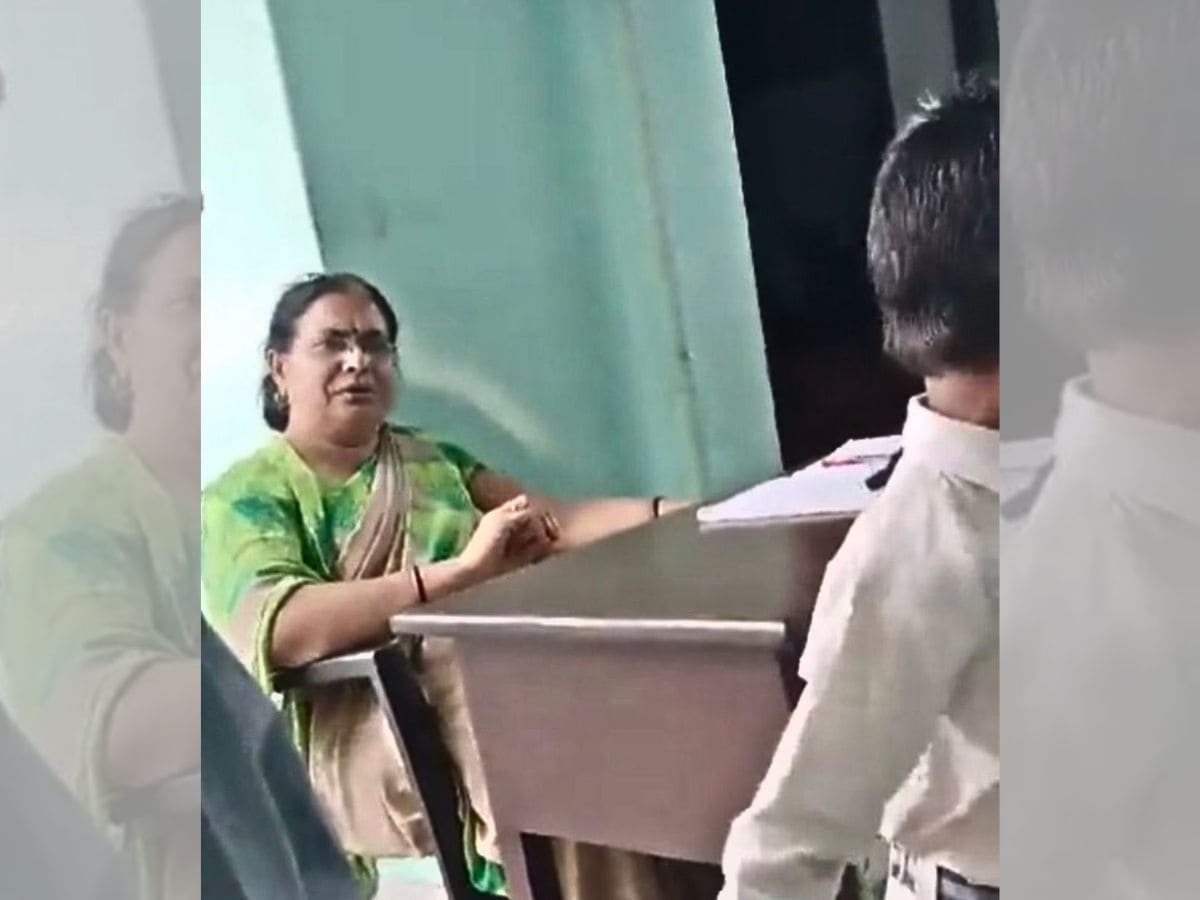
UP school teacher, Tripta Tyagi, who recently made headlines after allegedly asking her students to slap a student from minority community, would be charged under Section 295 (A) instead of Section 153 (A) of the Indian Penal Code, the Uttar Pradesh government told the Supreme Court on Monday, October 30.
Section 295 (A) of the IPC states that any deliberate and malicious act intended to outrage religious feelings of any class by insulting its religion or religious beliefs is a punishable offence. Section 153 of the IPC states promoting enmity between different groups on grounds of religion, race, place of birth, residence, language, etc., and doing acts prejudicial to the maintenance of harmony.
A bench of justices Abhay S Oka and Pankaj Mithal ordered the UP government to rope in therapists from the Tata Institute of Social Sciences (TISS) or the National Institute of Mental Health and Neuro-Sciences (NIMHANS) for counselling of the victim student and his classmates.
The slap incident
Tripta Tyagi allegedly asked her students to hit a Muslim boy for not doing his homework. A video of the incident went viral on August 25, sparing outrage on social media. Many demanding that the teacher be charged under sections of spreading communal hate.
The incident took place at Neha Public School in Khubbapur Village.
“I have declared jitne bhi Mohammedan bachhe hai…” the teacher was heard saying in the video, encouraging the other students to slap the victim.
Initially asserting she did nothing wrong, following the massive condemnation, the teacher released a video saying she had no intent to create a communal divide among the students.
Based on the complaint of the boy’s family, the teacher was booked under IPC sections 323 (punishment for voluntarily causing hurt) and 504 (intentional insult with intent to provoke breach of the peace) — both non-cognisable offences. Such offences are bailable and do not lead to immediate arrest, and require a warrant.



